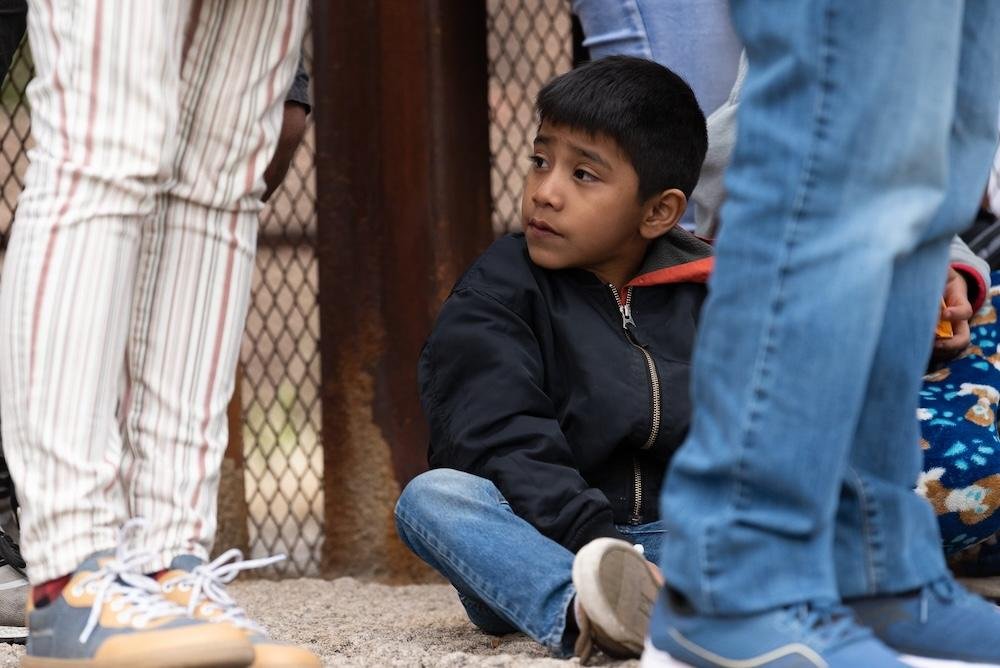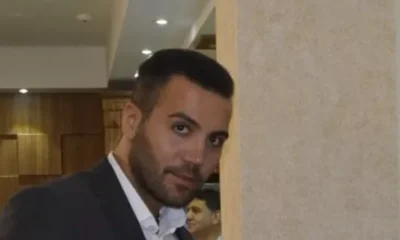border
Biden Administration’s Border Policy: Family Separations without Clear Justifications

Recent revelations highlight alarming family separation practices at the U.S.-Mexico border, particularly affecting asylum seekers. A Russian immigrant, Marina, documented her harrowing experience after U.S. Customs and Border Protection (CBP) agents took her 1-year-old daughter, Aleksandra, from her while being held in a southern California detention facility. Her written account reveals a mother’s anguish: “I cried and begged, kneeling, not to do this,” she expressed, emphasizing her fears for her child’s safety.
Contrary to popular belief, these separations did not solely occur during the Trump administration. Marina was separated from Aleksandra in April 2023 as part of an ongoing pattern. The 40-year-old arrived at the border seeking asylum with her husband and mother-in-law. Eight months later, she remains in federal custody in Louisiana, while Aleksandra is over a thousand miles away in foster care. This case is among approximately 300 children separated in 2023 under the Biden administration, a stark contrast to earlier assumptions about family preservation policies.
Despite marriage celebrations, a stable family life, and an overwhelming desire for safety, Marina and her family found themselves fragmented. The couple fled Russia after Maksim participated in anti-government protests and faced threats from authorities. After extensive planning, they crossed the border, only to experience the heartbreak of separation shortly after their arrival.
The Department of Homeland Security (DHS) and other agencies have acknowledged that family separations occur under existing immigration practices, particularly when there are allegations around public safety or national security concerns. An internal government report indicates that 298 children were separated in 2023, although the reasons for these separations—often concealed due to security classifications—remain murky. This has led to widespread frustration among advocates and legal professionals who seek transparency regarding the decision-making process.
Marina’s case isn’t isolated; it reinforces critiques of the government’s lack of accountability in handling asylum seeker separations. Talia Inlender, deputy director of the Center for Immigration Law and Policy, argues that the absence of clear guidelines and communication fosters ongoing abuse of power. The ongoing lack of clarity is especially dire for parents like Marina, whose separation from their children may stem from obscure “national security” classifications.
In her desperate bid for answers, Marina has reached out through a translator to voice her anguish. After months in detention, she finally connected with Aleksandra via phone in July, with video calls beginning in August. Though she is relieved to see her daughter well cared for, her mental and physical health deteriorates amid uncertainty. “I don’t have the slightest clue why they did this to us,” she lamented, capturing the emotional turmoil of a family torn apart.
As the political landscape shifts and discussions around border policy swirl, advocates fear the potential for intensified separations under future administrations. Marina’s story serves as a reminder of the human costs amid complex immigration policies and the urgent need for reform to ensure families are not unjustly torn apart.


















